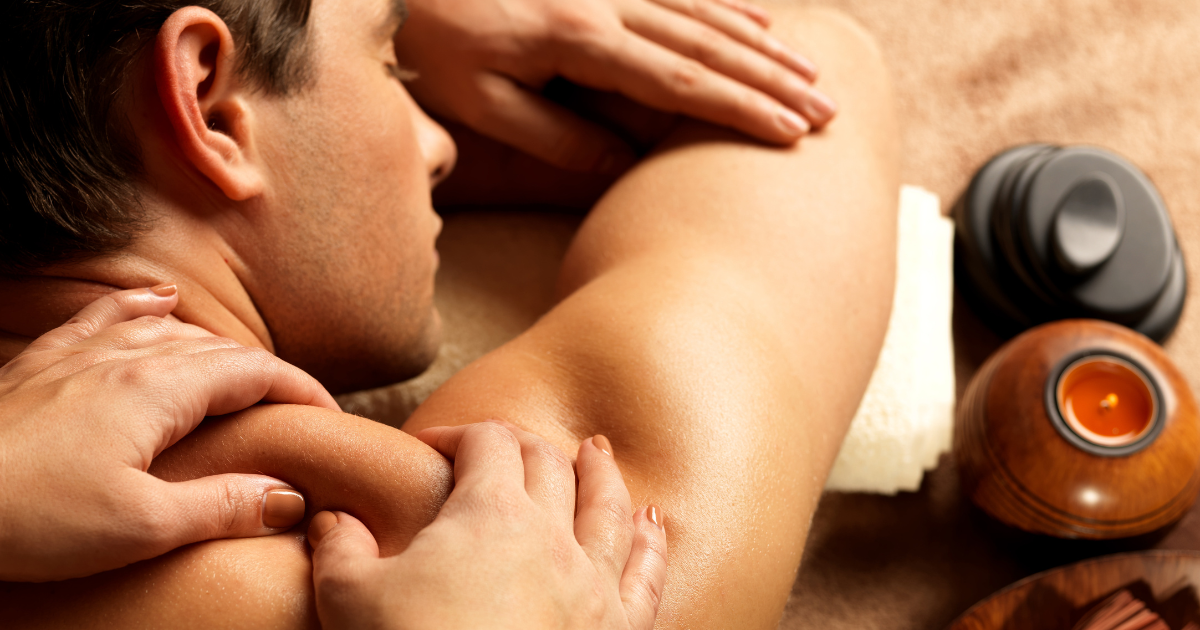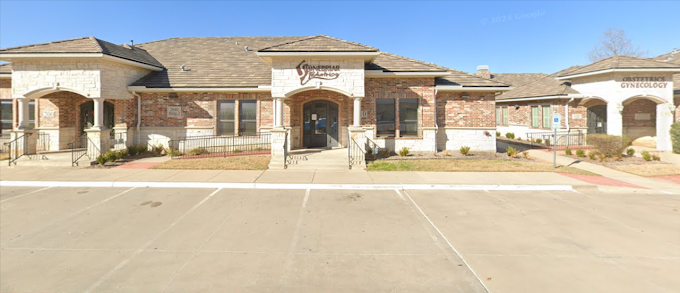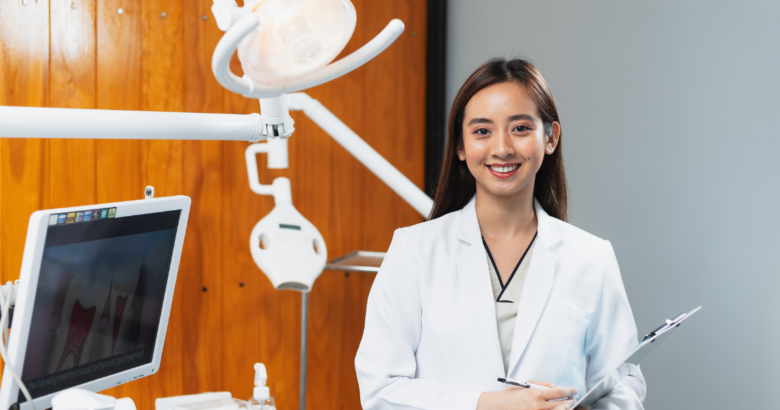
“Are you looking for lymphedema massage contraindications? Find out other alternatives instead of a massage for lymphedema.”
Lymphedema is difficult to deal with. It’s not just about having puffy limbs; it’s a total life and comfort disruptor.
If you’ve been told lymphedema massage isn’t an option for you, don’t worry—there are plenty of ways to manage symptoms safely.
In this post, we’ll talk about other treatments that could help you.
We’ll go over treatments that work for swelling and discomfort without massage.
Are you looking for new therapies or just need some new ideas? You’re in the right place. Let’s look at what might work for you!
What are Contraindications?
When we talk about contraindications, we’re talking about specific conditions or situations where a certain treatment, like lymphedema massage, isn’t safe.
For example, if you have certain medical conditions, getting a lymphedema treatment massage might not be a good idea.
Common Contraindications for Lymphedema Massage
Some conditions are absolute contraindications, meaning you should never massage in these cases:
- Active Malignant Cancers: If you have active cancer, massage could spread the disease.
- Deep Venous Thrombosis (DVT): This is a severe disorder where blood clots are formed in the deep veins, usually in the legs.
- Severe Cardiac Issues: Conditions like congestive heart failure make massage risky as it can put extra strain on your heart.
Then there are relative contraindications where you need to be careful:
- Acute Inflammation: If you have inflammation, massage can make it worse.
- Severe Infections: Infections like cellulitis can be made worse by massage.
- Compromised Cardiac Systems: If you have heart problems but they’re not severe, you still need to be careful.
Knowing these contraindications will help you get safe and effective care.
What to Do Instead of Lymphedema Massage
Let’s look at alternatives.
1). Compression Therapy
Compression therapy is an option if lymphedema massage isn’t for you. This involves using special garments or devices to apply pressure to your limbs.
The pressure helps reduce swelling by moving lymphatic fluid through your system.
- Benefits: Compression helps manage swelling and can make you more comfortable.
- Types: You might use compression stockings, sleeves, or bandages.
2). Manual Lymphatic Drainage (MLD) Techniques
MLD is another therapy that works for lymphedema. Unlike lymphedema massage, MLD uses gentle, rhythmic movements to stimulate the lymphatic system.
- Vodder Technique: This is a specific type of MLD. It’s named after its creator, Dr. Emil Vodder. It’s a bit different from regular massage and is often recommended for people with lymphedema.
- Expert Help: You should see a trained therapist for MLD. They know how to do these techniques safely and correctly.
3). Physiotherapy and Exercise
Customized exercise programs can help with lymphedema, too. Low-impact exercises are great for promoting lymphatic flow and reducing swelling.
- Examples: Gentle stretching, walking, and specific lymphatic exercises can be helpful.
4). Skin Care and Hygiene
Good skin care is important to prevent complications. Proper hygiene prevents infections and keeps your skin healthy.
- Tips: Keep your skin clean and moisturized. Check for cuts or injuries.
5). Diet and Nutrition
What you eat can affect your lymphedema. A healthy diet will reduce inflammation and support your lymphatic system.
- Tips: Eat foods high in antioxidants and low in salt.
Unlike just any other, trying these alternatives will help you find a way to manage your lymphedema if massage isn’t an option.
Complementary and Integrative Therapies
Here are some complementary and integrative therapies you can try:
1. Acupuncture and Acupressure
Acupuncture and acupressure are complementary therapies that work for lymphedema.
These involve stimulating specific points on the body to improve circulation and reduce swelling.
- Benefits: They can help with some symptoms of lymphedema but should be used in conjunction with other treatments.
2. Heat and Cold Therapy
Heat or cold packs can also help with lymphedema symptoms.
- Heat: A warm pack can relieve discomfort and increase blood flow.
- Cold: Cold packs will reduce swelling and numb the area.
3). Other Modalities
Other treatments like electrical stimulation or herbal remedies may help, too. But be careful and talk to your doctor before trying them.
- Considerations: Make sure any alternative therapy you choose is safe for your condition.
These complementary therapies can help with lymphedema but should be used thoughtfully and in conjunction with other treatments.
When to See Your Doctor
Knowing when to see your doctor is key to managing lymphedema.
Before you start any new treatments or therapies, you should talk to your doctor. Here’s why:
Assessing Suitability
- Personalized Advice: Your doctor is aware of your medical history and current health situation. They can help you figure out if a new therapy or treatment is suitable for you. For example, while compression therapy might work well for many people, it might not be right for you if you have specific health concerns like heart issues.
- Avoiding Risks: Your doctor can guide you on what treatments to avoid that could make your condition worse or interact with other treatments you’re already on.
Watch Out For
- Worsening Symptoms: If you notice increased swelling, pain, or any new symptoms, it’s time to see your doctor. These changes may mean the treatment isn’t working or your condition is changing.
- New Issues: If you notice anything unusual, like changes in skin, or you develop new health issues, get medical advice ASAP. This will ensure any new problems are addressed quickly and correctly.
Working closely with your healthcare team helps ensure that you’re using the safest and most effective treatment methods for your lymphedema.
It’s all about finding the balance and making sure your treatment plan is individualized to you. So get in touch with your doctor if you have any questions or need advice.
Conclusion
Trying alternatives to lymphedema massage is important if you have contraindications.
There are many ways to manage your symptoms safely.
It may take some trial and error to find a treatment that works for you, but with the right support from your healthcare team, you can manage your lymphedema and live better.
If you have lymphedema and massage isn’t for you, talk to your doctor about alternatives.
Share your experiences and questions in the comments—let’s support each other on this journey!



